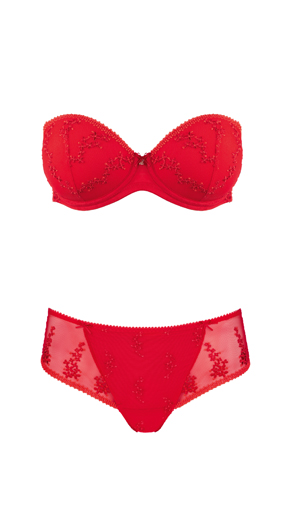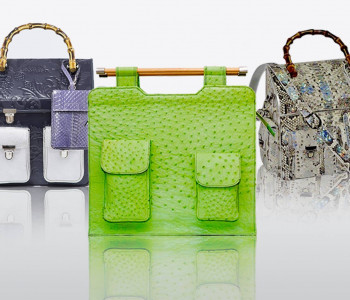Tra pochi giorni e’ il 31 dicembre e la tradizione dice che per avere fortuna …

Questo libro l’ho letto appena è uscito, circa 3 anni fa. Volevo infatti capire i meccanismi che ci sono dietro all’immensa industria del lusso; perchè ormai si è (purtroppo) ridotta a tale. Da amante della moda, non potevo “rimanere all’oscuro” di come vivono le VERE fashion victim giapponesi e a come si riducono a fine mese per una borsa griffata o l’ultimo paio di Jimmy Choo, oppure chi a (in parte) finanziato il primo attentato alle Torri Gemelle. Tutto questo e molte altre curiosità, in un libro che vi consiglio assolutamente di leggere! Qui di seguito una recensione trovata su internet.
I read this book just came out, about 3 years ago. In fact I wanted to understand the mechanisms behind the immense luxury industry, because now it is (unfortunately) be reduced to that. As a fashion lover, I could not “remain ignorant” of how to live the REAL Japanese fashion victim and how to reduce themselves at the end of the month for a branded bag or fot the last pair of Jimmy Choo, or who to (partly) funded the first attack to the Twin Towers. All this and many other curiosities, in a book that I will definitely recommend you to read! Here is a review found on the internet.

Un tempo il lusso era qualcosa di strettamente riservato a pochi, al bel mondo degli aristocratici, dei ricchi da generazioni e ai reali. Il lusso non si applicava semplicemente a un prodotto, ma era un vero stile di vita caratterizzato da lunghe tradizioni e da un’alta qualità. L’odierno mercato del lusso sarebbe irriconoscibile per quell’elite; le aziende artigianali orientate verso la qualità e l’integrità del prodotto, non esistono più, divorate dai megagruppi internazionali e multimiliardari concentrati solo sulla crescita. Gli articoli fatti a mano sono scomparsi, la produzione è quasi interamente affidata alle grandi fabbriche di Paesi come la Cina, dove la costosissima borsa griffata viene assemblata in catene di montaggio accanto a una borsetta qualunque di prezzo molto inferiore. La parola lusso oggi evoca fatturati da capogiro, grandi gruppi quotati in borsa che si preoccupano principalmente dei profitti. E i profitti vengono dal middle market, da consumatori non ricchi disposti a tutto pur di avere un capo o un accessorio griffati, per possedere “un pezzetto del sogno”. In tre anni di ricerche Dana Thomas ha intervistato top manager, operai, aristocratici, clienti storici dell’alta moda e consumatori medi ossessionati dalle griffe, per delineare un sorprendente quadro della nuova industria del lusso. Una visione disincantata della realtà che si nasconde dietro le riviste patinate e i tappeti rossi, e cerca di rispondere alla domanda: perché il lusso ha perso il suo splendore?
Once luxury was something strictly reserved for the few, the beau monde of aristocrats, the wealthy for generations and they really are. Luxury is not just applied to a product, but it was a real life style characterized by long traditions and a high quality. Today’s luxury market would be unrecognizable to those elite, craft businesses oriented towards quality and integrity of the product, no longer exist, devoured by the international and multi-billion dollar mega groups focused only on growth. Items made by hand are gone, the production is almost entirely left to the big factories in countries like China, where the very expensive branded bag assembly is assembled in a bag next to any of the much lower price. The word evokes luxury today charged by dizziness, large publicly listed groups who are concerned mainly with profits. And the profits come from the middle market, rich consumers are not willing to do anything to have a boss or an accessory designer for owning “a piece of the dream.” In three years of research Dana Thomas has interviewed top managers, workers, aristocrats, haute couture and old customers average consumers obsessed with designer labels, to outline a surprising new picture of the luxury industry. A disenchanted vision of reality that lies behind the glossy magazines and red carpets, and tries to answer the question: why luxury has lost its sheen?




Il lusso? lo vedo solo nei film..la mia vita è modesta, modestamente bella!
Ciaoooooooooooooo
ma qui si parla del “lusso” a portata di tutti; e comunque è una lettura che serve a capire molti meccanismi dell’economia della moda! è davvero interessante!
Lo leggerò…
thankx
xoxo
ti piacerà!